Alibaba Group Holding Ltd's core business segments maintained steady growth in the third quarter, and it will continue to invest in advanced technology and artificial intelligence infrastructure while optimizing operational efficiency, the Chinese tech heavyweight said.
Experts said AI technology is playing a vital role in improving user experience, and speeding up its integration with a wider range of fields to bolster transformation and upgrade traditional industries.
Alibaba reported late on Friday a 5 percent year-on-year revenue increase to 236.5 billion yuan ($32.7 billion) for the July-September period, while net income reached 43.5 billion yuan, up 63 percent year-on-year.
For the quarter ended Sept 30, revenue from Alibaba's core e-commerce business, or its Taobao and Tmall platforms, rose 1 percent year-on-year to 99 billion yuan.
"This quarter, we continued to invest in the user experience and strengthen product offerings to serve our consumers. We entered into long-term collaborations with industry peers to broaden payment and logistics services on Taobao and Tmall platforms, which we expect will accelerate our overall growth," said Wu Yongming, CEO of Alibaba Group, in a statement.
Online gross merchandise volume, or GMV, growth was supported by double-digit order growth year-on-year in the third quarter, the company said, adding that during the recently concluded Singles Day shopping festival, Taobao and Tmall achieved robust growth in GMV and a record number of purchasers.
A total of 589 brands saw their sales surpass 100 million yuan during the Double 11 promotional gala, surging 46.5 percent from the same period last year, and hitting a record high, according to Alibaba.
"We're optimistic about the government's macro stimulus policies and are confident in their positive long-term economic impact. While e-commerce competition remains intense, we'll continue to invest in core user groups and product categories, increase investment in new users and improve user retention," Wu said in an earnings call with investors.
Moreover, revenue from Alibaba Cloud Intelligence Group rose 7 percent year-on-year to 29.6 billion yuan during the period. It will continue to invest in anticipation of customer growth and in technology, particularly in AI infrastructure, to capture the increasing trend of cloud adoption for AI.
Wu said growth in Alibaba's cloud business accelerated from the prior quarters, with revenue from public cloud products growing in double digits and AI-related product revenue delivering triple-digit growth.
In September, Alibaba Cloud introduced significant upgrades across its AI-powered large language models, including the release of the open-source Qwen 2.5 series, which industry experts said is expected to bolster the large-scale commercial application of fast-developing generative AI technology.
"We are more confident in our core businesses than ever and will continue to invest in supporting long-term growth," Wu said, adding that the company's other businesses continued to improve their operating efficiency, with most of them continuing to increase their profitability or reduce losses.
Jiang Han, a senior analyst at market consultancy Pangoal, said the Taobao and Tmall platforms have adopted a more open strategy for payment and logistics service providers, which not only improves the shopping experience of consumers, but also enhances the operating efficiency of merchants, thus driving high-quality growth in Alibaba's core business.
For instance, consumers purchasing products on Alibaba's online marketplaces can now use Tencent's WeChat Pay for transactions, and sellers on Taobao and Tmall can choose JD Logistics as the delivery method.
Noting that cloud computing has become an important segment in Alibaba's business landscape, Jiang said the triple-digit growth of AI-related product revenue for five consecutive quarters indicates that Alibaba has made major breakthroughs and achievements in the research and development, and application of AI technology.








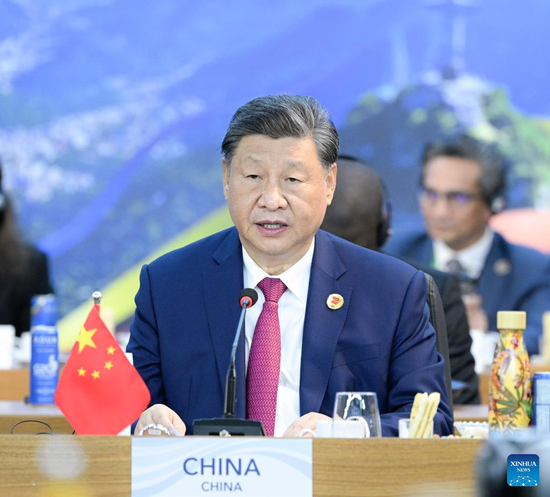



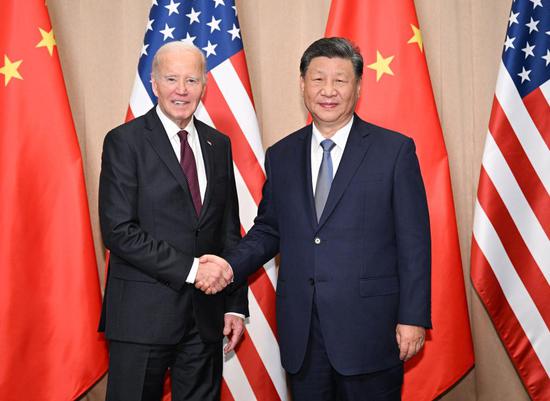

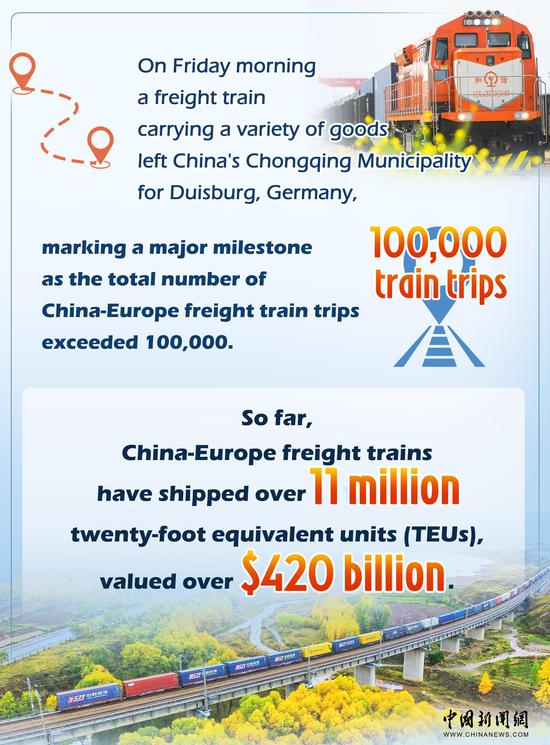
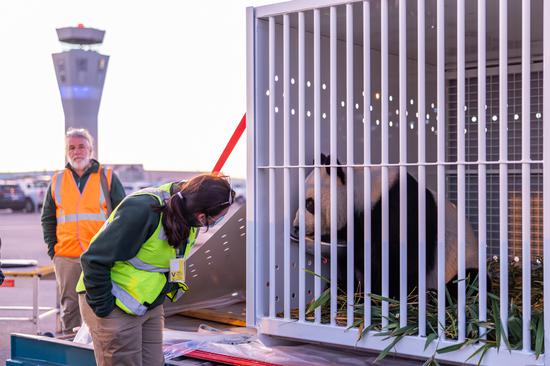
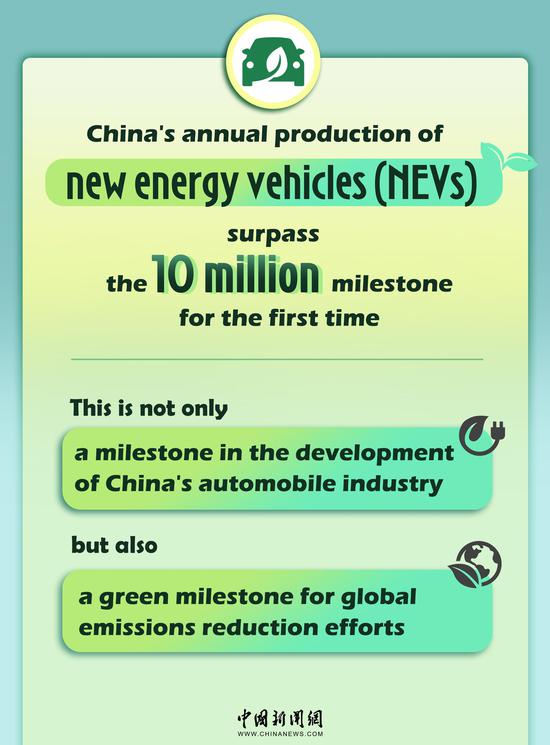






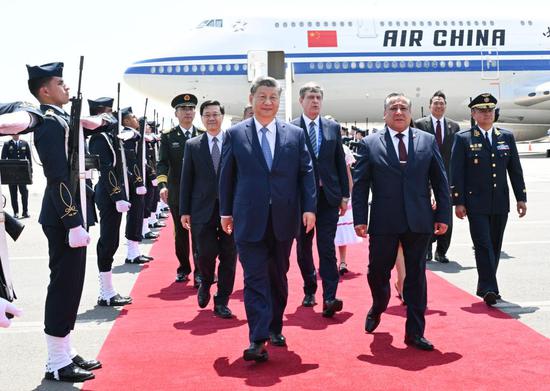

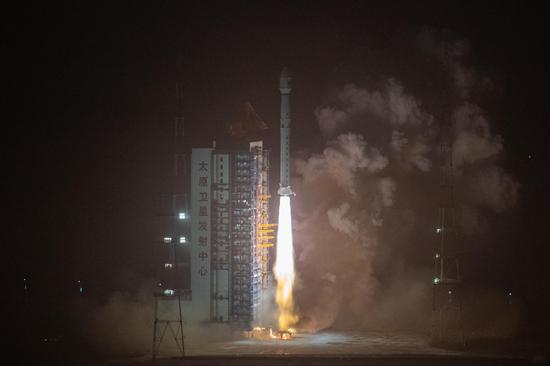







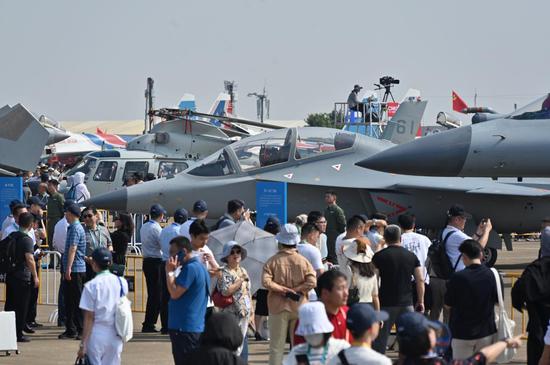






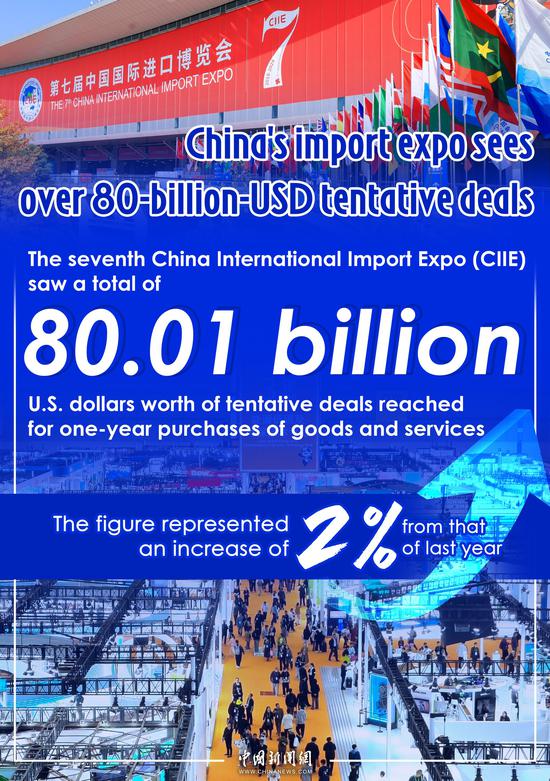
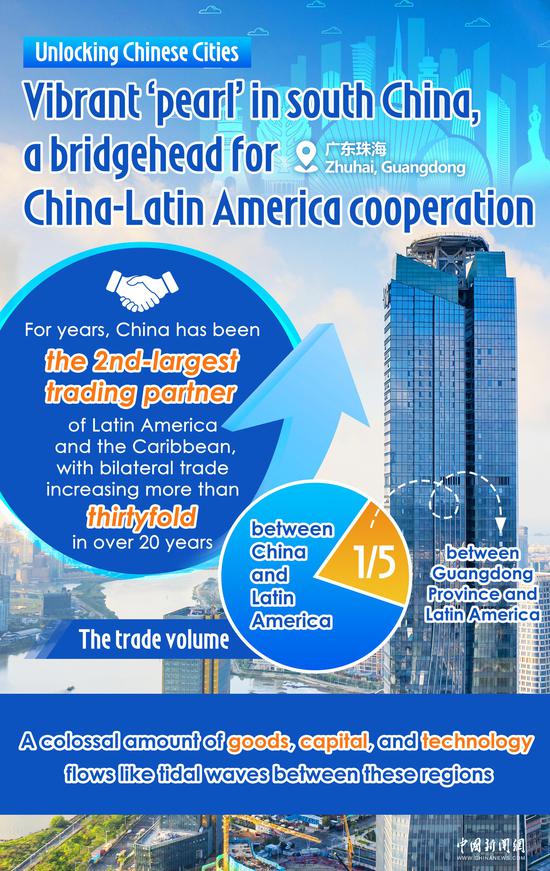
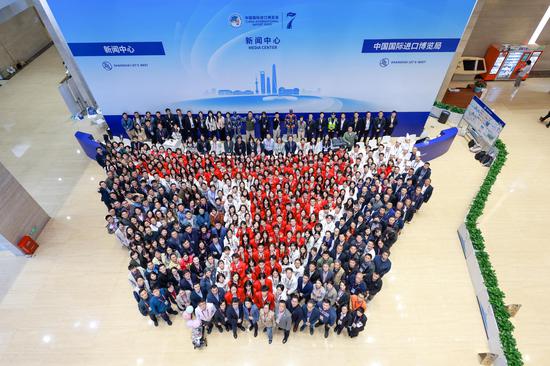
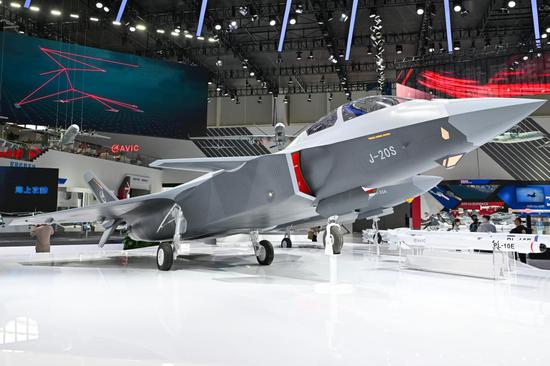






 京公网安备 11010202009201号
京公网安备 11010202009201号